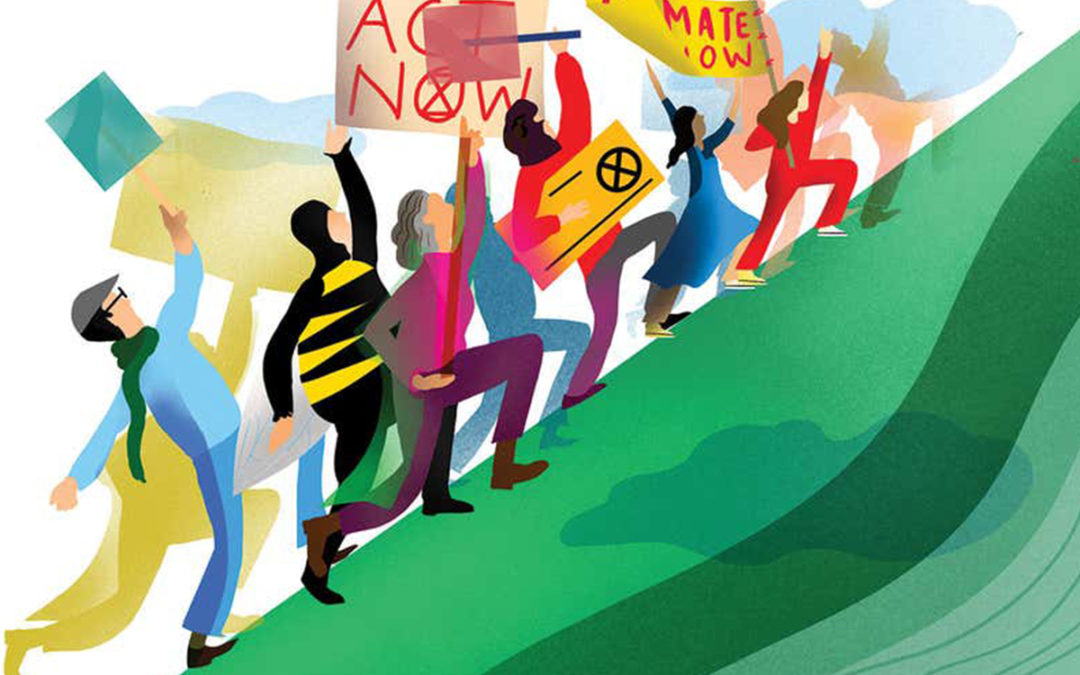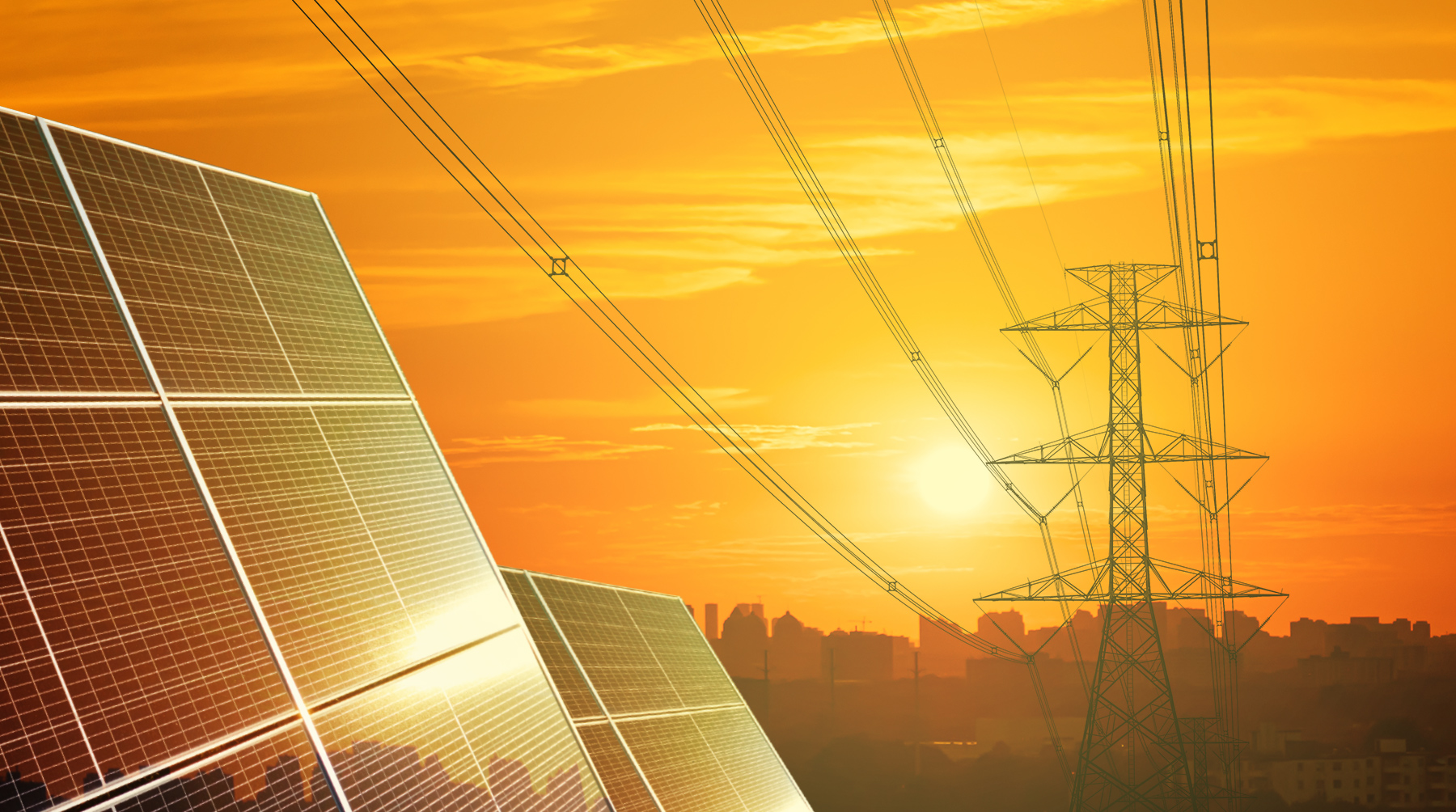The march is on for climate change across all walks of life
– By Ben Hutt, CEO & Managing Director, Evergen
It’s been an historic week on the Climate Change front which included disturbing reports on the growing gap between green targets and environmental realities; a science showdown on the world stage that pitted a prodigy against a president; and the largest environmental demonstration the world has ever seen.
Whilst the health of our planet is the overarching concern, it’s the daily impacts on humans that are driving people to take action. It is clear that climate change means different things to different people.
Ask the four million demonstrators who took part in the Global Climate Strike on 20th September the question “why” and you may get a million different answers because Climate Change has different impacts on different communities.
For example, the International and European Trade Union Confederations are concerned about the economic and employment issues they believe will be affected by a changing climate. They marched for a “just transition” – which calls for world leaders to ensure the move to a carbon neutral economy, is tackled in a way that is fair to people working in the industries that will be affected the most.
Groups like Amnesty International see climate change as a humanitarian issue. Some human rights activists are highlighting how the crisis will have a disproportionate impact on the global south, furthering the inequality facing people from that region. Medical professionals around the globe marched with their message that Climate Change is a matter of public health, citing the rising number of hospital admissions and cases of sickness caused by environmental factors.
Even scientists, historically pacifistic in how they deal with divisive social issues, had a message to relay to global leaders to please listen to what the evidence is saying about the longevity of a planet, and its ability to support life.
And, of course, young people and their children will bear the greatest future impacts of Climate Change on their lives and livelihoods which is a big reason many are leading the charge for change.
Perhaps the most high profile conversations took place around the prodigy and the president who are polar opposite in their beliefs about the impact of Climate Change with US leader Donald Trump aiming to protect the world’s capitalistic way of life, and teenage climate activist Greta Thunberg wanting to simply, to protect life itself.
In the words of U.N. Secretary-General Antonio Guterres at the opening of the U.N. Climate Action Summit, “Nature is angry and we fool ourselves if we think we can fool nature because nature always strikes back and around the world, nature is striking back with fury.”
What does this mean for me?
What does Climate Change mean for you? Whatever your answer, it’s clear we are now at a moment in time in history where regardless of politics or policy, action in large-scale is needed to counter the everyday impacts of Climate Change.
The topic can be confronting and overwhelming in its complexity – and as many took comfort in the march as a mechanism to ‘do something’ or ‘take action’. However, it’s also comforting to know that there are now real and tangible opportunities we can all take in order to create positive change in our daily lives.
As Greta Thunberg’s own experience demonstrates – beginning her campaigning period as one voice, and now joined by millions of change-makers, change always starts with the individual. From renewable energy choices in your home or business, to careful preservation of precious environmental resources like water, plant life and animals, we all make choices every day that will have an enormous ripple effect on the health of our planet.
As a nation, we are going through a transition period, preparing ourselves for what’s next whilst serving a new generation of climate driven consumers. For most everyday Australians, the space is confusing with plenty of myths around renewable technologies. The urgency is on our political institutions to catch up, provide funding, regulation and programs for mass consumption. It’s this uncertainty along with the science that has created the panic and rightly so.



